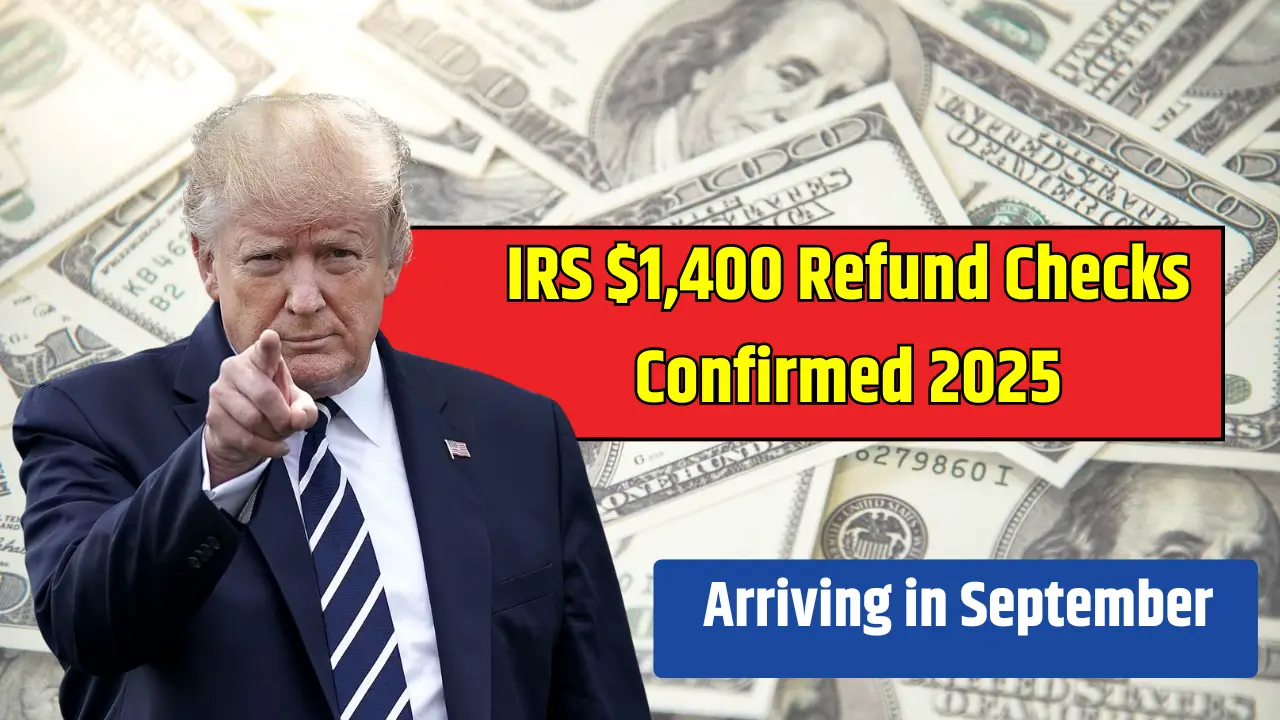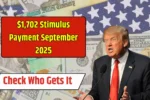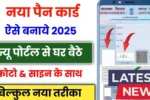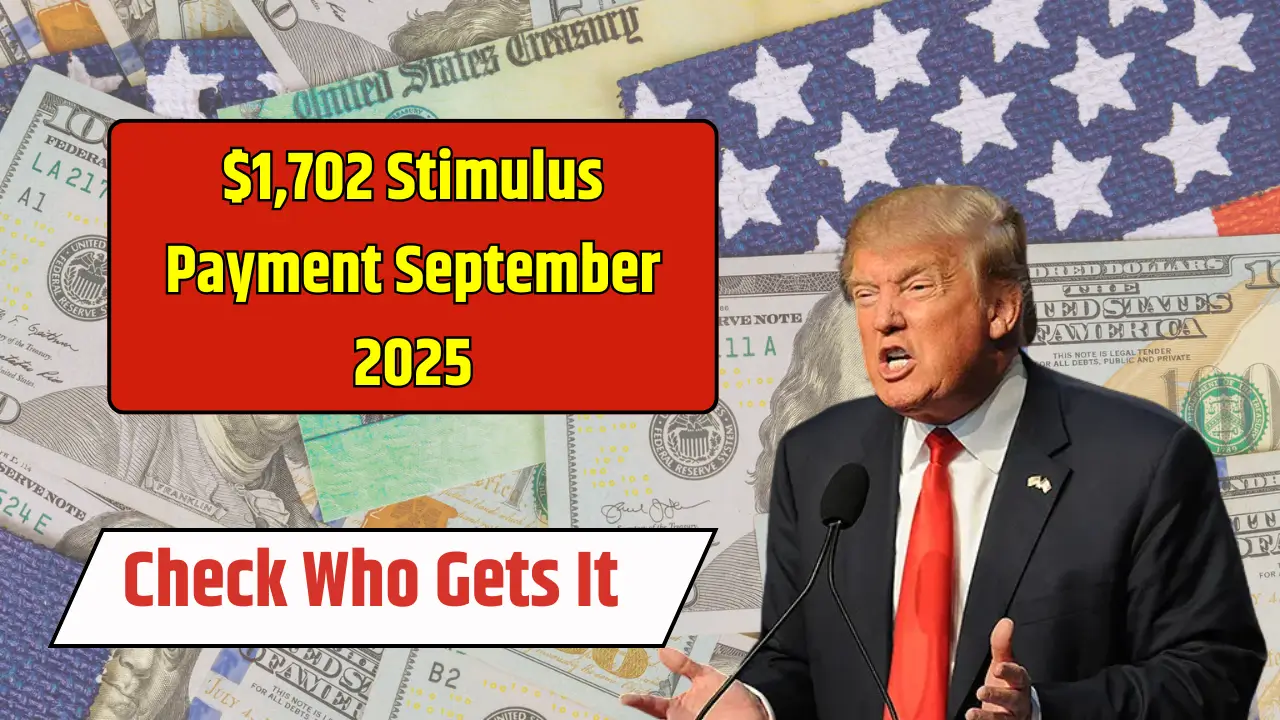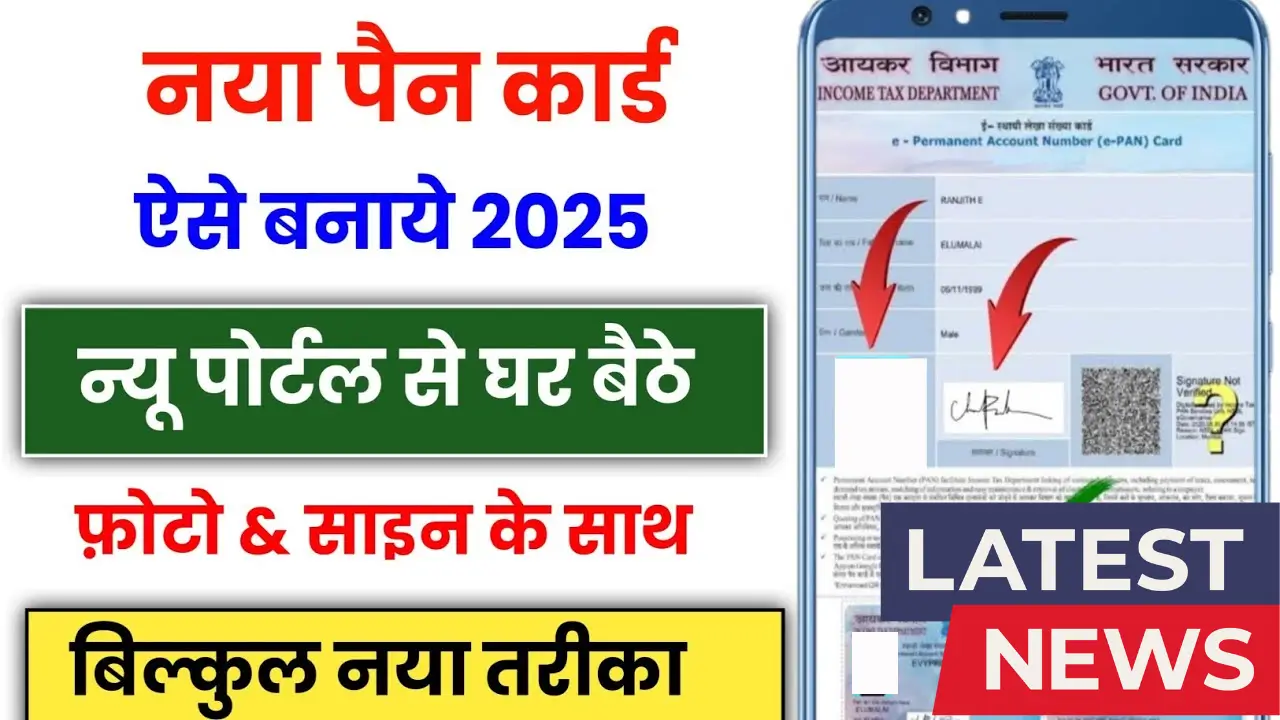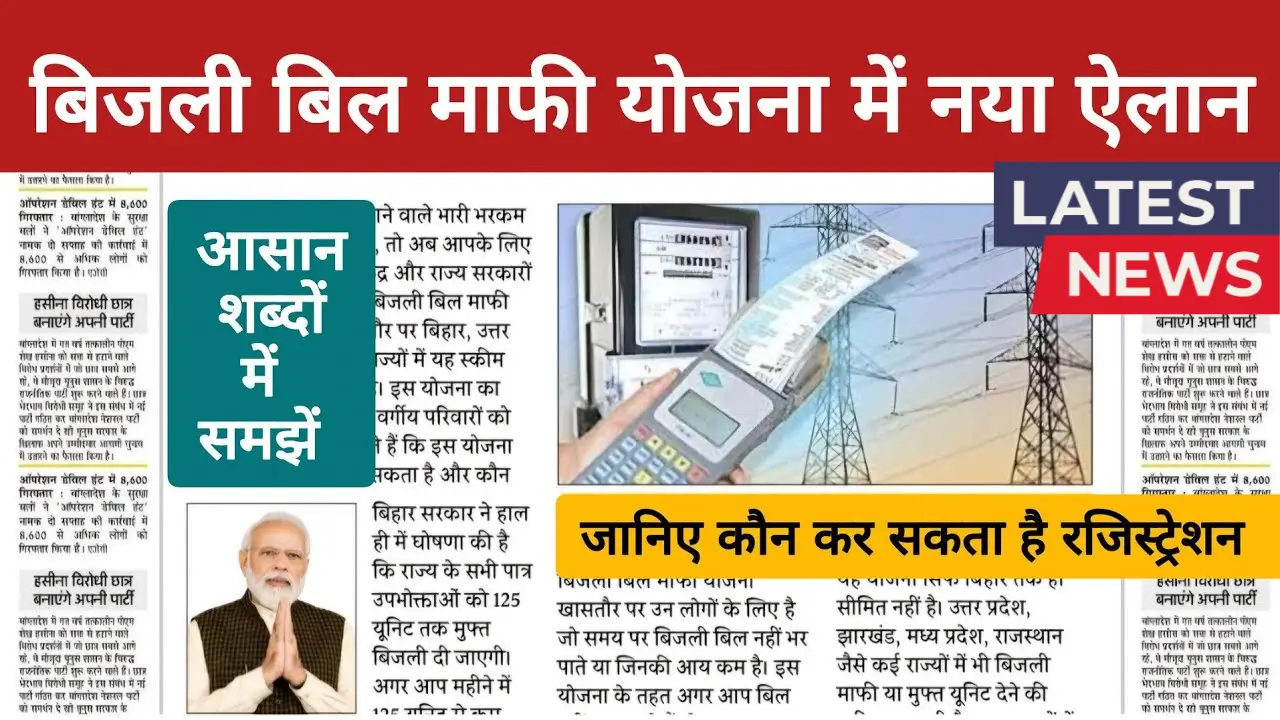IRS $1,400 refund: The anticipation around IRS $1,400 refund checks arriving in September 2025 has sparked widespread interest among American taxpayers. While rumors of new stimulus checks circulate, it is essential to distinguish official IRS announcements from speculation and misinformation.
The $1,400 figure is tied historically to COVID-era stimulus payments, but what exactly can taxpayers expect this September? This article offers a detailed, accurate overview of the IRS $1,400 refund checks, eligibility, timing, and related processes to provide clarity and help taxpayers prepare for 2025 tax season activities.
Background on the $1,400 Refund Checks
The $1,400 refund checks are best known as part of the third round of COVID-19 Economic Impact Payments issued by the IRS in 2021 under the American Rescue Plan.
These payments provided $1,400 per eligible individual, plus the same amount for qualifying dependents, designed to offer financial relief during the height of the pandemic.
The deadline to claim any unreceived amounts related to the 2021 Recovery Rebate Credit, which includes this $1,400 payment component, is April 15, 2025. Taxpayers who missed receiving these payments can still file or amend returns to claim them before the deadline.
Are New $1,400 Stimulus Checks Coming in September 2025?
As of September 2025, the IRS and Congress have officially denied any plans to issue a new round of stimulus or refund checks amounting to $1,400 or similar.
The IRS has explicitly refuted rumors circulating on social media and news websites about fresh direct deposit relief payments or stimulus amounts being sent this month.
No legislation authorizing new $1,400 payments has been passed, and any such proposal would require Congressional approval. The focus remains on tax filing and refund processes related to prior tax years and existing credits.
Who is Eligible for the $1,400 Refund or Recovery Rebate Credit?
Taxpayers who may be eligible to claim the $1,400 Recovery Rebate Credit include:
- Individuals and married couples who filed 2020 or 2021 federal tax returns.
- Taxpayers who did not receive the full Economic Impact Payments they qualified for.
- Those with dependents may be eligible for the additional payments per qualifying child.
- Lower and middle-income earners who meet IRS income and filing status thresholds.
To claim or correct entitlements, taxpayers should review their existing records and file the appropriate tax forms by the April 15, 2025 deadline.
How to Check the Status of Your Refund or Recovery Rebate Credit
Taxpayers can monitor their refund or credit status with the IRS “Where’s My Refund?” online tool or through the IRS2Go mobile app using the following information:
- Social Security Number or ITIN
- Filing status (single, married filing jointly, etc.)
- Exact refund amount claimed on the tax return
The tool provides updates such as Return Received, Refund Approved, or Refund Sent to inform taxpayers about processing stages.
What to Expect When Receiving the Refund
For those eligible, the $1,400 refund or credit amount will generally appear as a part of their federal tax refund issued in 2025. The IRS issues most refunds within 3 weeks of electronically filed tax returns, although processing times may vary due to review requirements or errors.
Refunds are commonly paid by direct deposit, with paper checks mailed if no bank account is linked.
Summary Table: IRS $1,400 Refund Checks September 2025
| Feature | Details |
| Refund Amount | Up to $1,400 per eligible individual |
| Eligibility | Based on 2020/2021 tax filings |
| Deadline to Claim | April 15, 2025 |
| IRS Status Tool | “Where’s My Refund?” website and IRS2Go app |
| Payment Method | Direct deposit or paper check |
| New Stimulus Check | No new $1,400 stimulus planned in Sept 2025 |
Important Considerations and Warnings
- Taxpayers should beware of scams pretending to offer stimulus or refund checks and never provide personal information to unsolicited callers or websites.
- Always rely on IRS.gov and official government channels for accurate updates.
- Missing the April 15, 2025 deadline may forfeit the ability to claim any unreceived Recovery Rebate Credits.
- Keep tax records and prior IRS notices accessible for verification and claim purposes.
Conclusion
The IRS $1,400 refund checks arriving in September 2025 are primarily associated with Recovery Rebate Credit claims tied to prior tax years’ stimulus payments.
No new fresh $1,400 stimulus payments are scheduled this September, with Congress and IRS denying such proposals currently. Taxpayers are encouraged to use official IRS tools to check refund status, file necessary paperwork before deadlines, and exercise caution against fraud.
Being informed and proactive ensures eligible individuals receive their entitled funds while avoiding misinformation.
Frequently Asked Questions (FAQs)
- Are there new $1,400 stimulus checks coming in September 2025?
No, the IRS has confirmed no new $1,400 stimulus payments will be issued this month. - What is the $1,400 refund check in September 2025 about?
It relates to Recovery Rebate Credits for prior COVID stimulus payments from 2020 and 2021. - How can I check the status of my refund?
Use the IRS “Where’s My Refund?” online tool or IRS2Go app with your SSN, filing status, and expected refund amount. - Who is eligible for the Recovery Rebate Credit?
Taxpayers who missed or only partially received Economic Impact Payments and meet income and filing criteria. - What is the deadline to claim the $1,400 refund?
Taxpayers have until April 15, 2025, to claim Recovery Rebate Credits from prior tax years.
